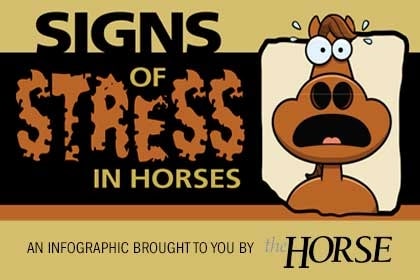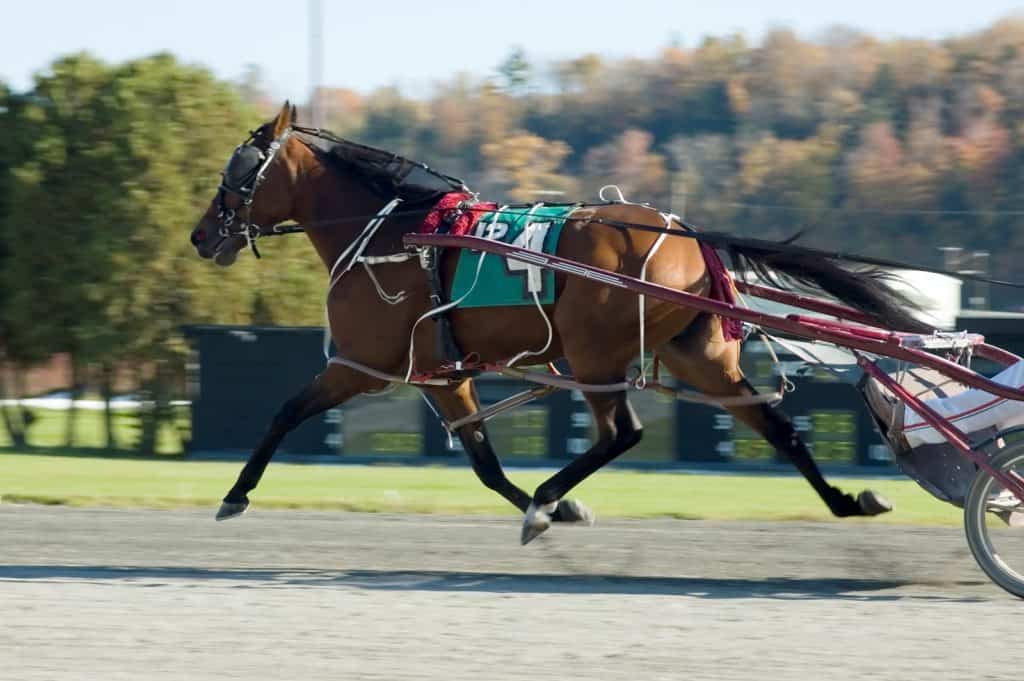
Behind the Scenes With a Four-Star Eventing Barn
Catch a ride with U.S. Team eventer Boyd Martin and find out what it takes to prepare high-performance horses for competition.

Catch a ride with U.S. Team eventer Boyd Martin and find out what it takes to prepare high-performance horses for competition.

Researchers said the data they collected will help them estimate how effective training and conditioning programs are in preparing three-day event horses for competition.

Thoroughbreds conditioned on water treadmills increased both their VO2max and speed.

Understanding how pulmonary disease impacts performance can help veterinarians diagnose and treat issues that could be impairing horses’ athleticism.

Make sure your horse’s diet supports his regular exercise program with these tips.

Recent study results suggest heart rate monitoring can allow trainers to assess workloads and adjust training for improved conditioning and race outcomes.

Recent study results suggest competitive riders would be much more inclined to use technology to keep track of their mounts’ biometric data than recreational riders would.

Researchers are examining the rate of injury and illness in North American 2-year-old Thoroughbreds in training.

Seasoned sport horses often need a little extra TLC to continue performing well into middle age.

A look at racing ethics could help researchers and industry members acknowledge rightful concerns from a well-meaning public, help resolve misconceptions, and contribute to better equine welfare.

Vets can use a smartphone-based heart monitor to identify arrhythmias that are difficult to diagnose in the field.

Learn about keeping OTTBs healthy and happy as they move into new disciplines. We’ll cover feeding, vet care, handling, and more!

Here’s how veterinarians diagnosed and treated a Warmblood that stopped intermittently when working under saddle.

Find information on stress in horses, skin conditions, conditioning, metabolic syndrome, serum amyloid A, and more.

Researchers found high degrees of heritability (up to 0.17), especially in male horses and in pacers.

Besides body condition scoring, how can you tell if your horse is getting enough nutrition? Dr. Clair Thunes explains.
Stay on top of the most recent Horse Health news with
"*" indicates required fields